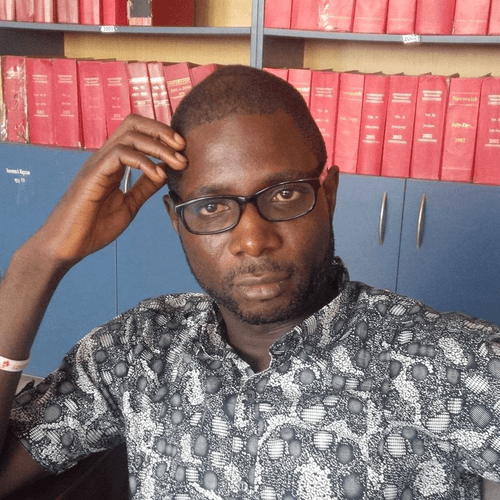Economic Issues
Sorry, It Is Our Economic Winter -By Dayo Williams


Dayo Williams
The current economic downturn ravaging the country is not peculiar to us alone. It’s also affecting Saudi Arabia, Venezuela and other major oil producers of oil where the latter is the mainstay of their national economies.
Because of the sharp fluctuations in the global oil market, these oil-dependent countries receive far less in their foreign earnings which have negatively affected their foreign reserves – of course, kept in dollars- to a great extent.
In the absence of any other major revenue spinner, what these oil countries have done is to jerk up the prices of prime motor spirit in their countries, what I would rather call upward price adjustment, a euphemism to shroud the negative phrase, price increase, in our own clime.
In clear terms, what the federal government did was a pure price increase and not some bogus deregulation and regulation. And it did that just to boost its foreign reserves which determine the financial strength of the nation. At N145 per litre, the fuel is still being subsidised. Professor Yemi Osinbanjo, Vice President, made this clear in an essay he released following the national brouhaha generated over the sudden price increment.
There’s no way the country could have survived the apocalypse if it did not increase the pump price, that’s in the absence of any other major revenue booster, which is what is currently on the national plate. We still have not escaped from the claws of cyclical economic downturn now, but we are some distance away from it where we can collectively plot our final escape.
The difference between then when fuel subsidy was removed in 2012 and now is the probable belief that the current government will not waste whatever earnings it will recoup from the price adjustment. It is a qualified assumption based on the background of the man helming the affairs of the country. In summary, President Buhari can be trusted with our commonwealth.
Like I argued elsewhere, I am not an economist, so pardon me if I am wrong, the proposed palliative interventions from the government as captured in Budget 2016 will only mitigate the symptoms and not cure the economic disease the country is currently contending with. A more enduring and holistic intervention is to diversify the economy- that’s, boost other non-oil revenue sources, so that oil will no longer be the soul of the country
But there is a problem: the issue of diversification itself is capital-intensive which will also require high skilled labour and functional infrastructures. Unfortunately, the country is broke at the moment. Therefore, for diversification to work, itself no guarantee for immediate returns, the country will have to borrow. And borrow it must, because we can no longer rely on oil. The risk is too much.
Unfortunately, again, and with some tinge of regret, one has to blame previous regimes for not diversifying the economy genuinely when there was oil boom with enough foreign earnings flowing to the coffers of the country. Analysts say the best period to diversify is when there is enough fund in the nation’s coffers to power the diverse tributaries of diversification.
The country is broke now and it must diversify it does not want to go under. The economy must be productive with emphasis on local production. The current pains Nigerians are passing through, according to experts, result from the poor management of oil earnings. Any other explanation is just secondary.
Never mind what Oga Adesina said that Nigerians are not suffering. There’s hardship in the country which is largely blamed on the doorstep of -mismanagement coming from ineffectual and profligate leadership.
Like the old cliché in academics, publish or you perish, the government must diversify the economy. The prospect of an oil economy does not look promising again, as it was decades ago. This is because consumers are looking for cheaper alternative sources of energy which will also not impact negatively on the environment. We have enough global challenges with global warming already hitting us hard in the face.
This is the current dilemma of the Buhari presidency: it does not have enough money to pursue its projects, yet it must fulfil its promises to the Nigerian people lest it risks their collective wrath. That is why it must think outside the box to proffer solutions to the myriad economic problems.
The only way out for the government is to maintain serious frugal fiscal discipline by cutting down costs of governance at all levels, eliminate redundant foreign missions abroad, block all financial loopholes, and borrow structured loans, strategic resource allocation and making judicious use of what’s available to pursue its diversification project.
Unfortunately, and no one will blame them because they have been condemned to the bin of abject misery for long, the masses want quick fixes to their problems. Sorry mates, there won’t be quick fixes. We all have to brave up for the imminent challenges. I pity the current administration. It’s not helping itself too: its communication machinery is drab and nebulous. With that, how will the people know what the government is doing?
Dayo Williams, Public Affairs Commentator, wrote in from Abuja.


















